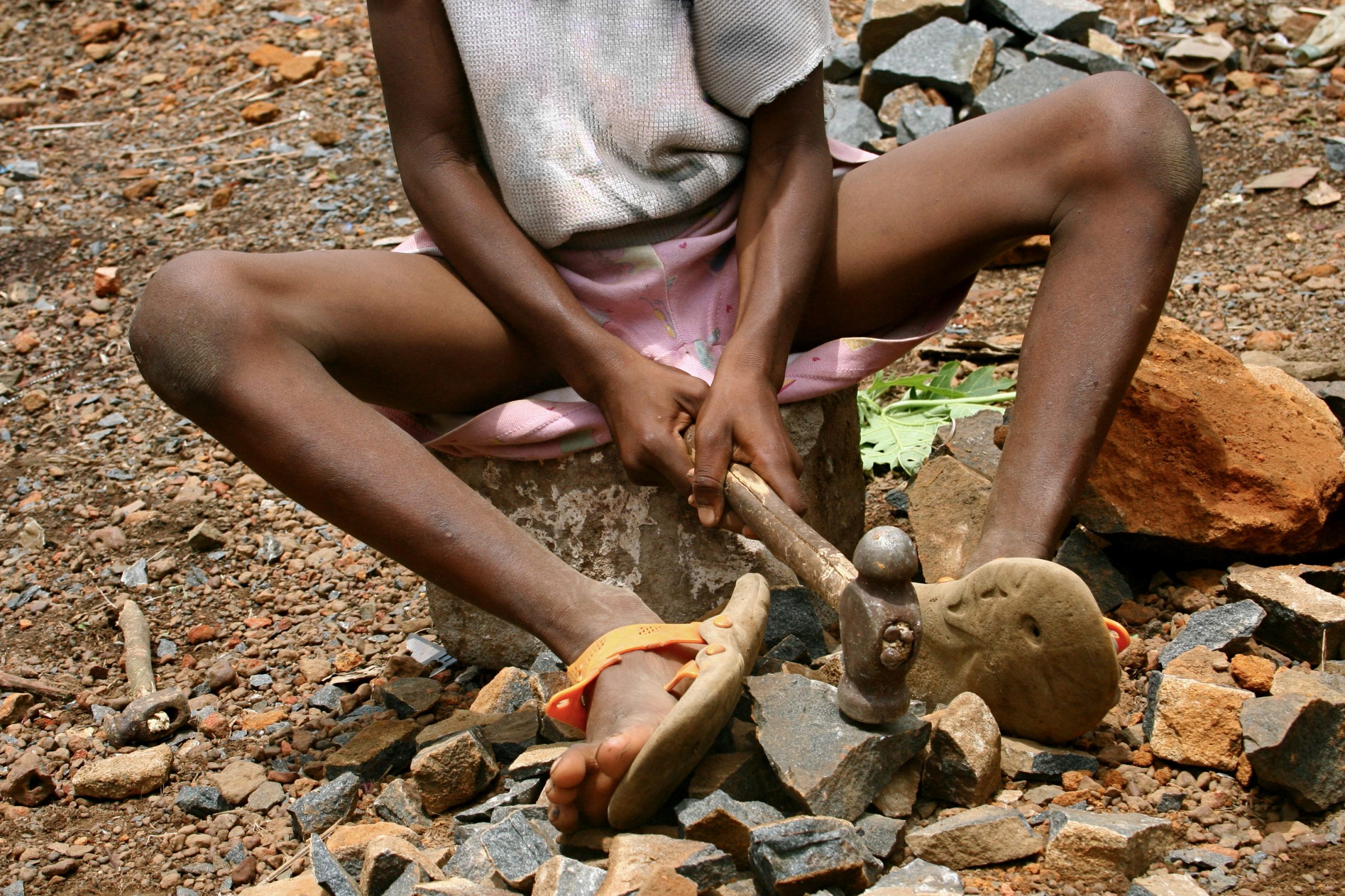A Childline counsellor says she has been inundated with calls about poverty and neglect since the start of the lockdown in the country – and the calls haven’t just been from children.
“We are receiving calls from Limpopo and Mpumalanga, for example – in the rural areas – where both parents and children are asking about food parcels and detailing issues that point to neglect,” Nokulunga Mnisi said.
Since the lockdown was implemented at midnight on 26 March, she received an average of 50 calls per day, she estimated.
“In South Africa, the 50 calls is a normal number. Sometimes we received more before the lockdown, because with or without a lockdown, children cannot look after or protect themselves,” she said.
Mnisi said she received calls from a child as young as six but said most calls came from children aged 10 and 11.
“The problem is neglect and poverty. Since the lockdown started, most of the cases are neglect.
Alone
“Children are being left alone without parental supervision. We are seeing an 8-year-old having to take care of younger siblings. This is still a child – leaving a child alone is exposing them to Covid-19 because, for example, children roam around to neighbours seeking assistance,” Mnisi said.
She said in most cases, the father was unknown.
“Some of the mothers moved to different places and left the children alone for two weeks.
“More children are being left alone during this lockdown. Parents are supposed to be there, but they are being left alone,” she added.
READ MORE: Coronavirus could push half a billion people into poverty: Oxfam
According to Mnisi, this proves that a lockdown does not shelter vulnerable children from abuse.
“The fact that there is a lockdown does not mean there aren’t people looking to take advantage of vulnerable children,” she said.
Poverty and food insecurity
In an address on Tuesday night, President Cyril Ramaphosa acknowledged that poverty and food insecurity increased dramatically during the lockdown.
As a result, he announced a temporary six-month coronavirus grant for people who do not receive grants and who are unemployed.
Child grants will also increase from May to October.
“This means that child support grant beneficiaries will receive an extra R300 in May and from June to October, they will receive an additional R500 each month,” he said.
At the time of publication, South Africa had 3 465 positive cases of Covid-19 and 126 937 tests were conducted.
News24


